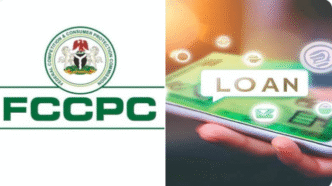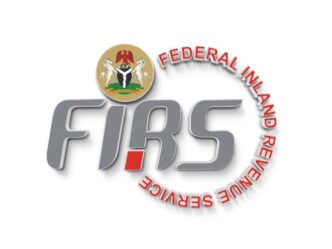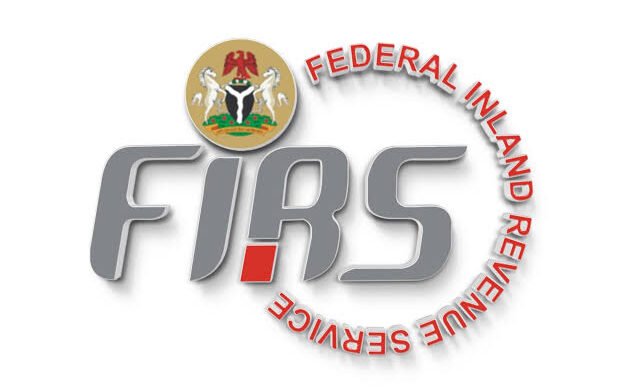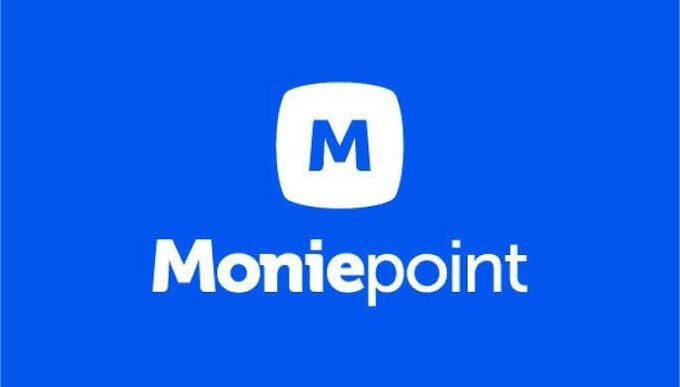The Federal Competition and Consumer Protection Commission (FCCPC) has once again sounded a strong warning to loan apps and businesses that engage in harassment, intimidation, and other unethical practices in the name of loan recovery. In a bold statement, the commission declared that “no consumer should live in fear” because of unpaid loans, emphasizing its resolve to protect the rights of Nigerians from predatory digital lenders and aggressive recovery agents.
This announcement comes amid growing public outcry over the unethical tactics deployed by many online loan apps operating across Nigeria. Victims have repeatedly accused some of these platforms of cyberbullying, public shaming, threats of violence, and even data privacy violations in their attempts to recover debts.
The FCCPC’s intervention is part of a broader effort to sanitize Nigeria’s digital lending space and protect consumers from exploitative practices that have, in many cases, left borrowers traumatized.
The Growing Menace of Loan App Harassment
Over the past five years, Nigeria has witnessed an explosion in the number of digital loan apps promising quick, collateral-free credit. While these platforms have provided much-needed financial lifelines for millions of Nigerians, particularly during economic downturns, their operations have often been tainted by unlawful debt recovery practices.
Borrowers have reported disturbing experiences, including:
- Receiving threatening phone calls from loan recovery agents.
- Having their contacts messaged or called to publicly shame them.
- Being subjected to abusive language and defamation.
- Unauthorized access and misuse of private data stored on mobile phones.
For many victims, these tactics not only cause emotional distress but also infringe on their dignity and privacy. Critics argue that such methods violate both Nigerian laws and international best practices for consumer protection.
FCCPC’s Position: Zero Tolerance for Harassment
In its latest warning, the FCCPC urged consumers who have been harassed, threatened, or shamed by loan companies to report such cases immediately. According to the commission, reports and complaints from consumers are crucial in helping regulatory agencies identify violators and enforce appropriate sanctions.
A spokesperson for the commission reiterated:
“No Nigerian consumer should live in fear because of unpaid loans. The FCCPC is committed to ensuring that businesses respect the dignity, privacy, and rights of individuals while carrying out their operations. Debt recovery must never involve harassment or intimidation.”
The commission stressed that while repayment obligations must be met by borrowers, loan companies are not permitted to use threats or illegal tactics to recover funds. Instead, lenders are expected to explore lawful avenues, including civil recovery processes and regulated debt collection services.
Previous Crackdowns on Loan Apps
This is not the first time the FCCPC has waded into the issue of loan app misconduct. In recent years, the commission, often working in collaboration with other government agencies, has taken steps to regulate the digital lending space.
Key measures include:
- Operation Stop Loan Sharks: In 2022 and 2023, the FCCPC raided the offices of several loan apps and froze their bank accounts for breaching consumer rights and violating Nigeria’s data protection laws.
- Registration Requirements: The FCCPC introduced mandatory registration for loan apps, requiring them to provide full details of ownership, business operations, and data privacy compliance before they can legally operate.
- Blacklist of Illegal Apps: Some apps have been removed from Google Play Store and other platforms following regulatory intervention.
Despite these efforts, many Nigerians believe loan sharks still operate in the shadows, preying on vulnerable citizens in need of urgent cash.
Why Nigerians Turn to Loan Apps
The popularity of loan apps cannot be separated from Nigeria’s economic challenges. Rising inflation, limited access to bank credit, high unemployment, and persistent poverty have left millions of households struggling to meet basic needs.
Traditional banks, often criticized for their rigid requirements, long approval processes, and lack of inclusivity, have failed to reach the unbanked and underbanked population. Loan apps have filled this gap by offering instant loans with minimal documentation—a service that is appealing to many in desperate situations.
However, the ease of access comes at a cost. Borrowers often complain of exorbitant interest rates, hidden charges, and short repayment windows. When combined with unethical recovery practices, these challenges have created a vicious cycle of debt and harassment for many Nigerians.
Consumer Rights Under Nigerian Law
The FCCPC has reminded Nigerians that they are protected under the Federal Competition and Consumer Protection Act (FCCPA) 2018. The law guarantees every consumer’s right to:
- Fair treatment and dignity.
- Protection from exploitative and unfair practices.
- Privacy and confidentiality of personal data.
- Transparent and honest information about products and services.
Loan apps or businesses that violate these rights risk sanctions, including heavy fines, suspension of operations, and criminal prosecution.
How Consumers Can Report Harassment
To address harassment complaints effectively, the FCCPC has provided official reporting channels. Victims of harassment are encouraged to:
- Document the incident, including screenshots, call recordings, or messages.
- File a complaint directly through the FCCPC Complaint Portal: www.fccpc.gov.ng.
- Send details by email to contact@fccpc.gov.ng or consumerprotection@fccpc.gov.ng.
- Call the FCCPC consumer helplines: 0805-600-2020 or 0805-600-3030.
- Report illegal apps to app stores for review and possible removal.
The commission has assured Nigerians that all reports will be treated with confidentiality, and complainants will be protected from further victimization.
Balancing Loan Recovery and Consumer Protection
While loan recovery is a legitimate business concern, experts argue that a balance must be struck between creditor rights and consumer protection. Regulatory authorities like the FCCPC are pushing for a model where digital lenders adopt ethical and technology-driven recovery mechanisms, such as:
- Credit bureaus and blacklisting systems to discourage default without harassment.
- Flexible repayment plans to accommodate borrowers’ financial realities.
- Automated reminders and notifications that respect privacy.
Industry observers believe that such reforms will not only reduce harassment but also strengthen trust in Nigeria’s digital lending ecosystem.
The Way Forward
The FCCPC’s renewed warning is both a wake-up call to lenders and a lifeline for consumers. By encouraging Nigerians to speak up against harassment, the commission is empowering citizens to hold businesses accountable while also reinforcing its commitment to protecting consumer rights.
However, for lasting change to occur, experts insist that:
- More awareness campaigns are needed to educate Nigerians about their rights.
- Stronger enforcement measures must be applied against offenders.
- Collaboration between regulators, app stores, telecoms, and financial institutions should be intensified.
As the digital economy continues to expand, safeguarding consumer rights will remain at the heart of Nigeria’s quest for a fair and sustainable financial ecosystem.
Conclusion
The FCCPC’s message is clear: harassment is not an acceptable method of loan recovery. While Nigerians have a responsibility to repay loans, businesses must also respect the law, uphold ethical standards, and protect the dignity of their customers.
In a country where millions are struggling to make ends meet, loan apps should serve as partners in financial inclusion—not predators exploiting desperation. By standing firm, reporting violations, and demanding accountability, Nigerians can help ensure that no consumer ever has to live in fear because of unpaid loans.















Well stated. The authorities should also investigate the misleading advertisements that promise a ₦100,000 loan with repayment of only ₦104,000 over three months. Such claims are deceptive. In reality, many of these lenders impose interest rates of 70% to 100%, which exploit desperate Nigerians. Loan providers must be transparent in their advertisements and adopt fair, lawful means of recovering debts, rather than resorting to harassment of borrowers’ contacts and family members. This information is valuable and should encourage them to reconsider their practices and implement better methods of debt recovery.